The 10 best music producers of the '70s
MusicRadar users have voted, so here's the countdown…
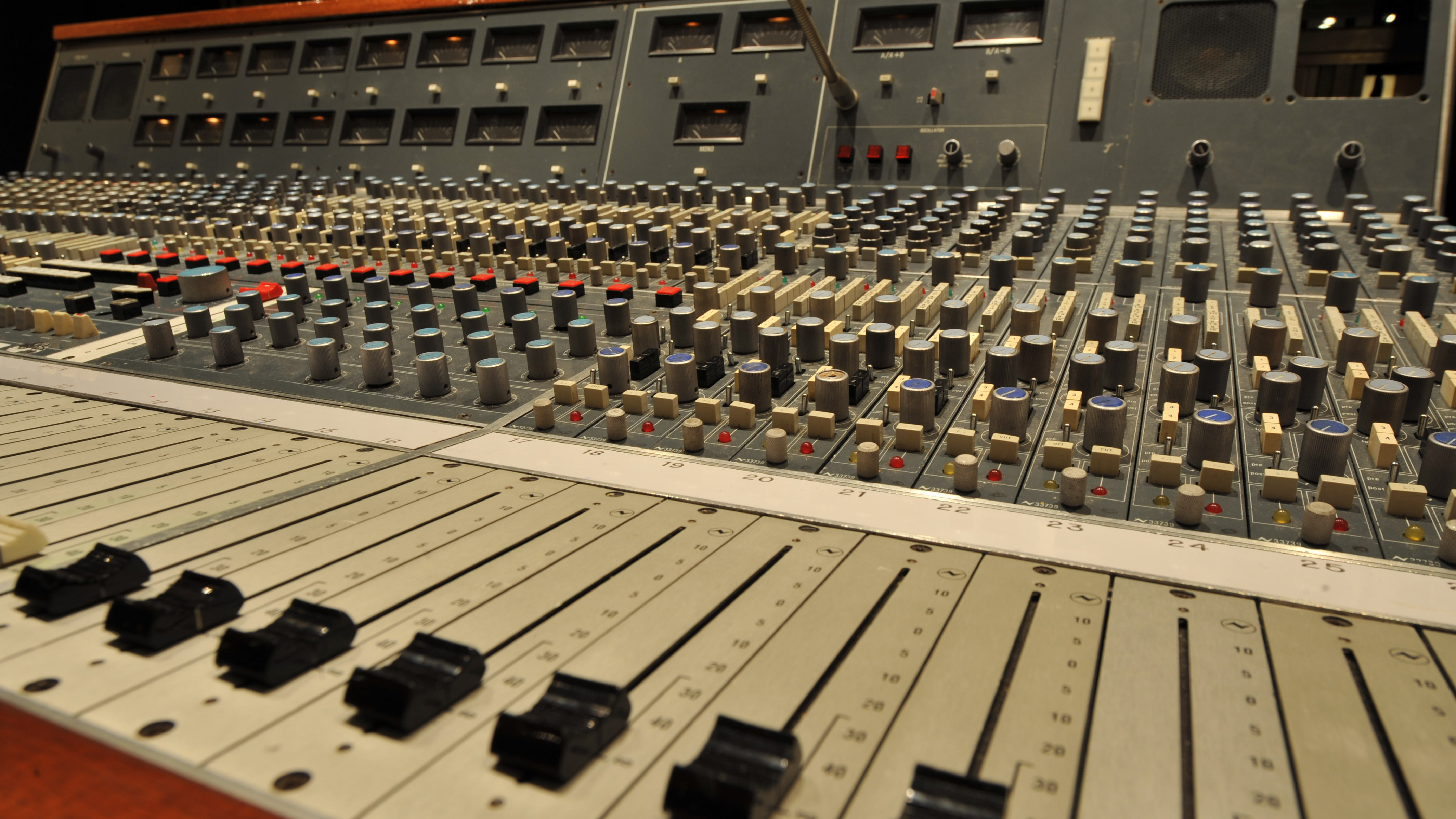
Cream of the crop
After 'shouting out' in search of your nominations, we asked you to vote in our poll to determine just who was the best music producer of the 1970s.
You came, you pondered on our list, and you voted in your droves. So don't just sit there: get clicking to find out who you thought really steered the sounds of the decade that birthed heavy and glam rock, disco and more...
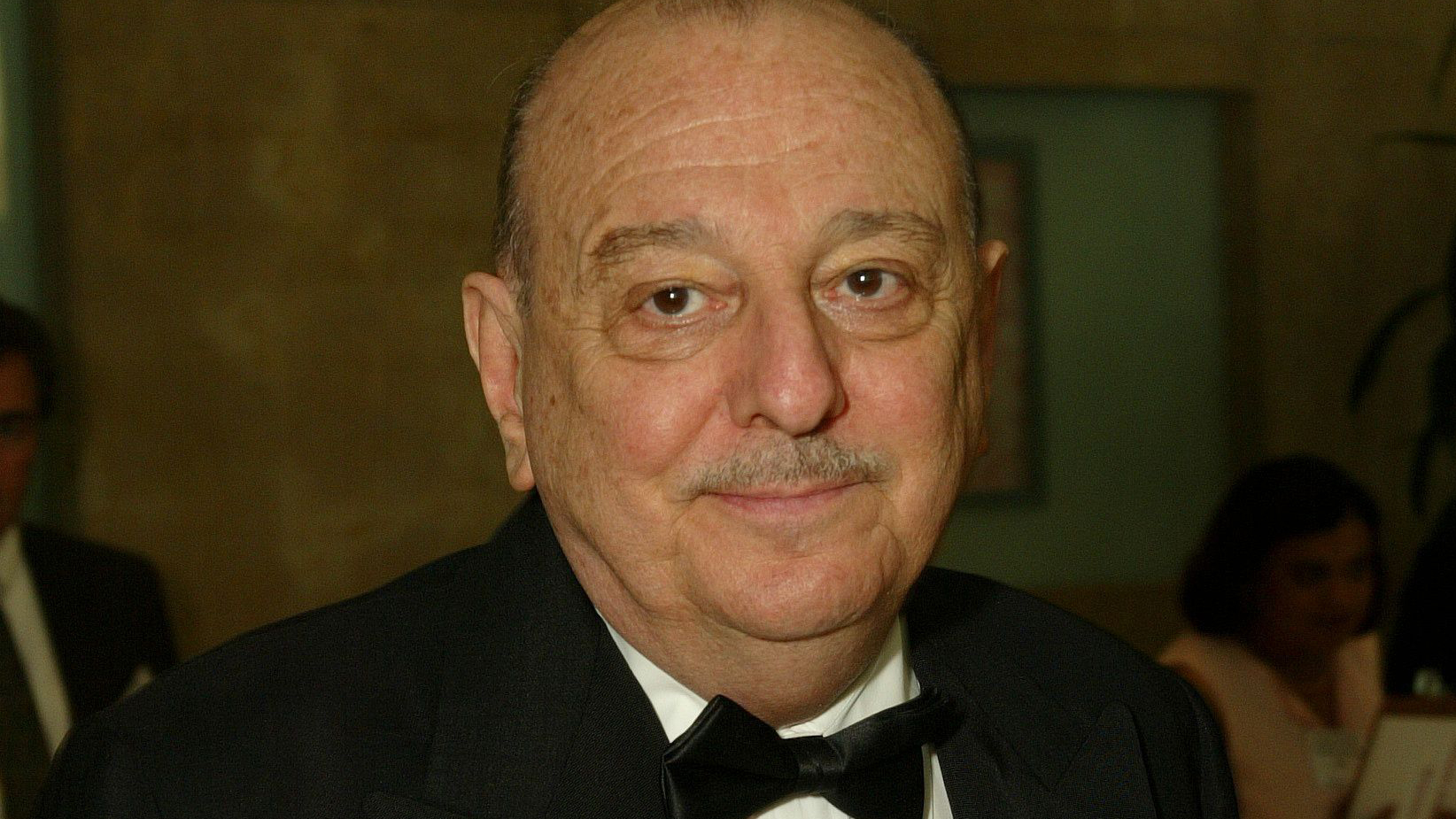
10. Arif Mardin
Kicking off our countdown from 10 to number one is Arif Mardin, who with the likes of Jerry Wexler and Tom Dowd, was responsible for a string of hits released by Atlantic records.
He produced records for a huge range of artists, including Aretha Franklin, Queen, Diana Ross and the Bee Gees. It was perhaps the latter that gained him the most acclaim. It was during the recording of the Bee Gees’ 1975 album Main Course that Mardin unleashed Barry Gibb’s unmistakable falsetto on the track Nights On Broadway.
Mardin earned one of many Grammy awards for his work on 1979’s Saturday Night Fever soundtrack (for Best Album), a trick he repeated in 2003 with Come Away With Me by Norah Jones.
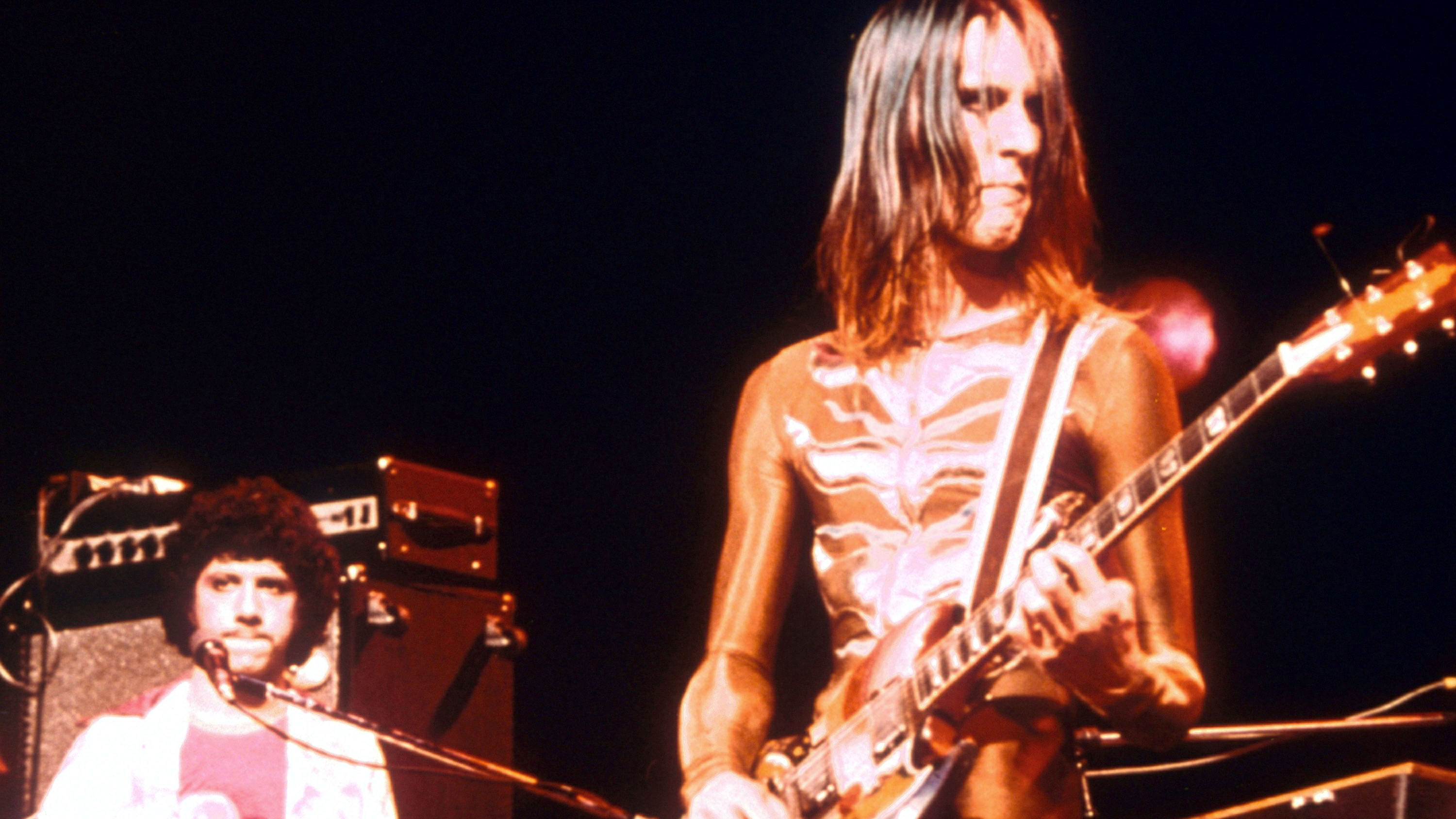
9. Todd Rundgren
Perhaps as well known for his solo work as his production chops, the ‘70s saw Todd Rundgren serving as helmsman for the likes of Grand Funk Railroad, the New York Dolls and Hall & Oates.
Despite aiming to focus on production work, Rundgren was also very busy with his own music. This meandered between prog, pop and rock, with lashings of psychedelia and jazz fusion influences.
One of his most enduring solo pieces was 1972’s I Saw The Light, but while this is every inch a classic, it was perhaps his work on Meat Loaf’s Bat Out Of Hell that brought him the most production acclaim.
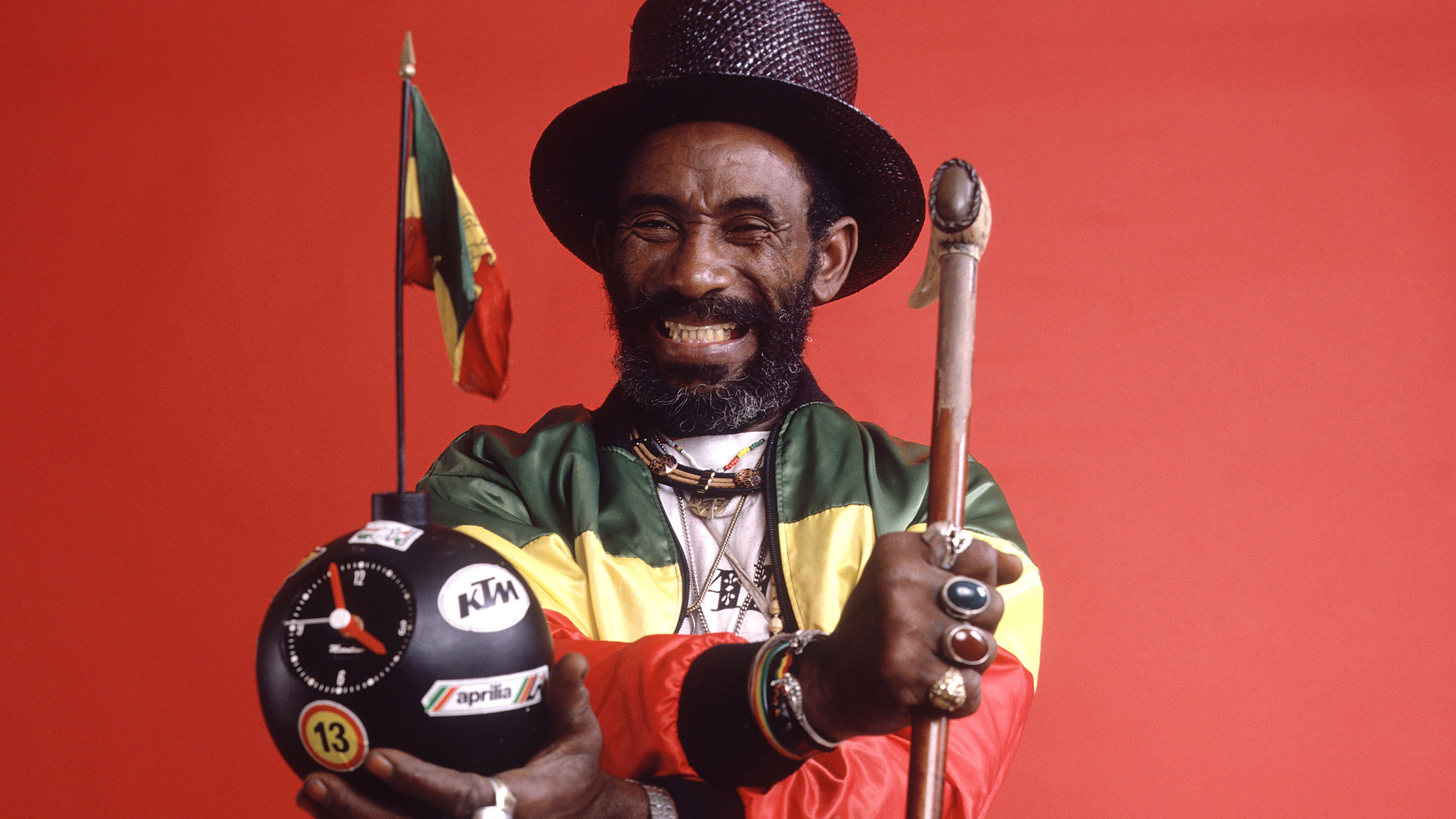
8. Lee 'Scratch' Perry
Often lauded as the grandfather of dub, Lee ‘Scratch’ Perry built a studio in his back garden called the Black Ark in the early ‘70s. This became the birthplace of some of the most iconic records in dub and reggae history.
Some of his most notable work in the ‘70s was with Bob Marley & The Wailers, producing such hits as Sun Is Shining.
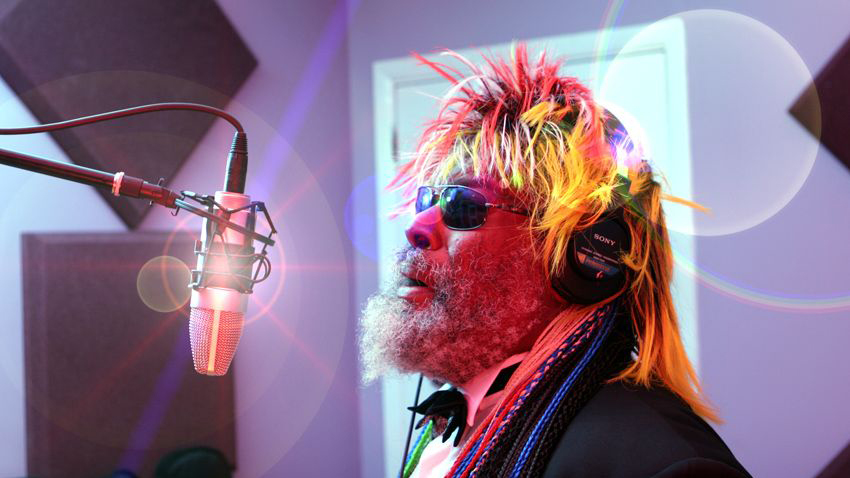
7. George Clinton
Starting out in Motown’s musical factory as a staff songwriter, George Clinton is best remembered for his services to funk. Most notably for the invention of P-Funk, as band leader and producer for Parliament-Funkadelic.
P-Funk’s glorious blend of funk and psychedelic rock has been often copied, but never bettered. It’s superbly exemplified in Give Up The Funk (Tear The Roof Off The Sucker), which is taken from Parliament’s fourth album Mothership Connection.
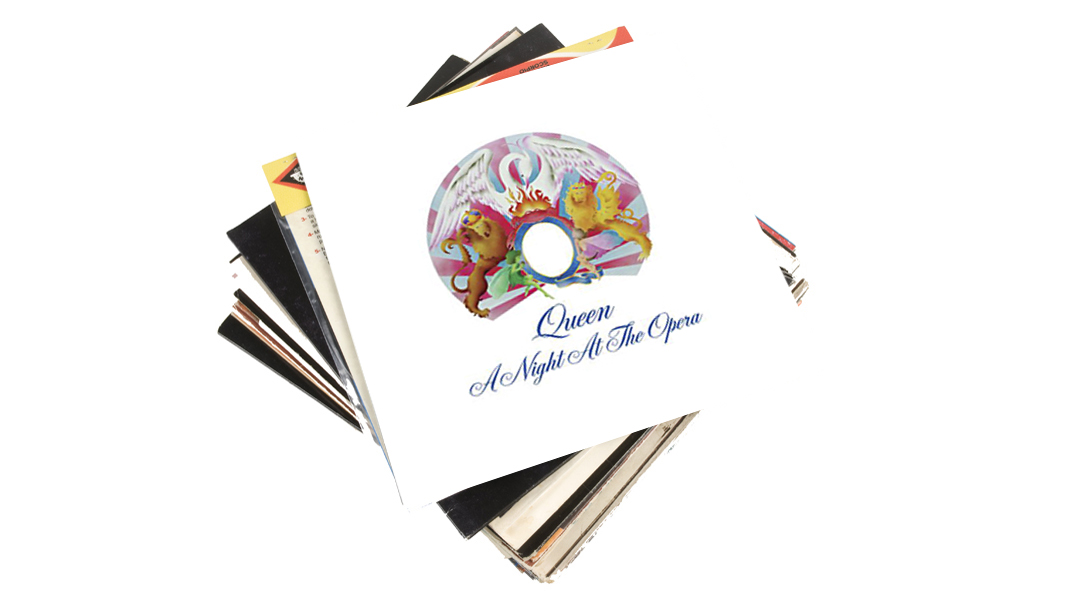
6. Roy Thomas Baker
Roy Thomas Baker started out in the recording industry at a young age and worked with some great producers over the years. But it’s probably for his work as co-producer (with John Anthony) on Queen’s self-titled first album that we have most to thank him for.
Roy went on to produce Queen II, Sheer Heart Attack, A Night at the Opera and Jazz, plus a string of bands and artists including Guns N' Roses, Alice Cooper, Foreigner, Pilot, Ozzy Osbourne and Devo, to name but a few.
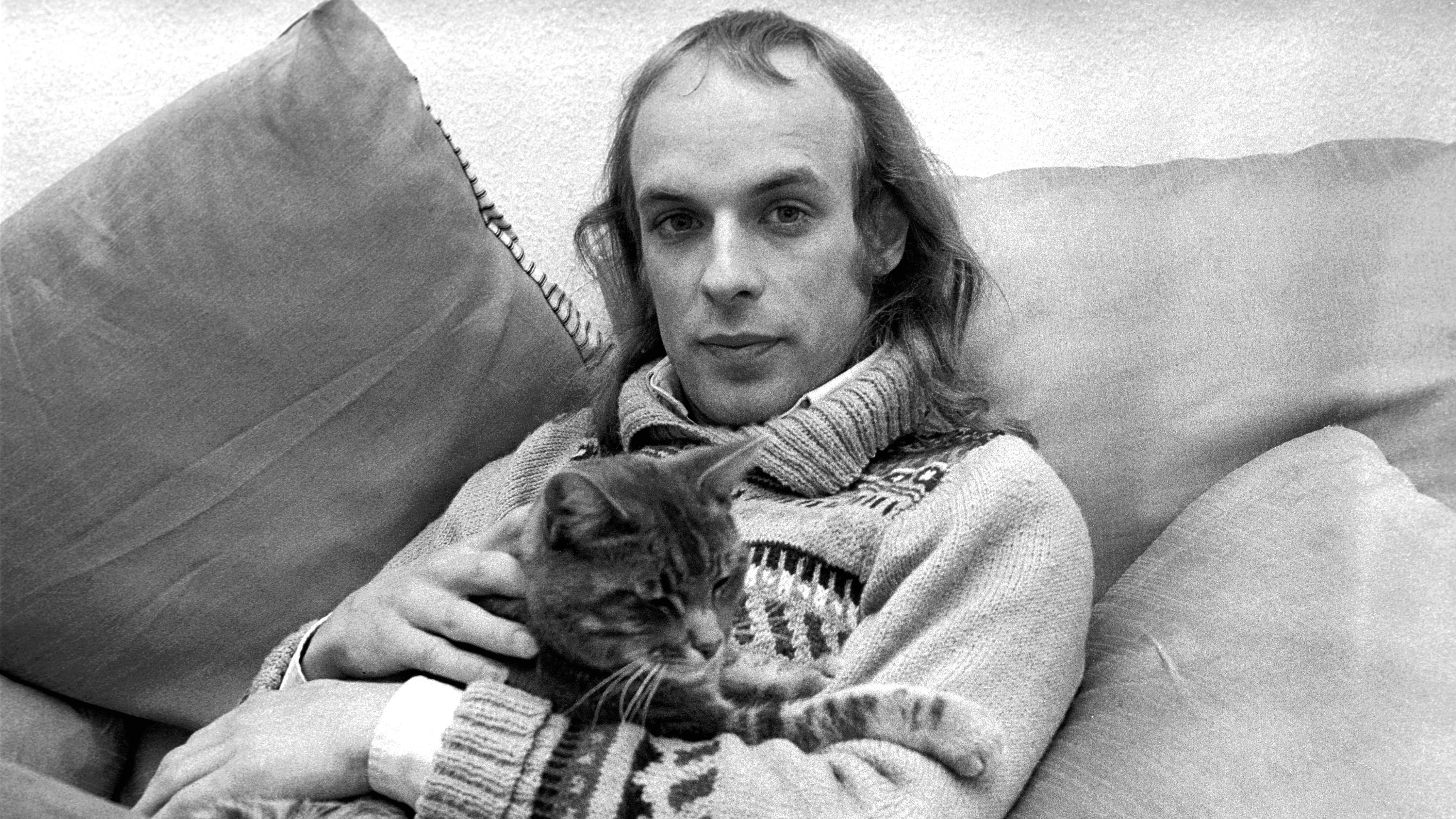
5. Brian Eno
Brian Peter George St John le Baptiste de la Salle Eno would probably win the Best Name ever award, but comes in at five on our ‘70s producers list.
Eno’s career during the ‘70 saw him playing keyboards with Roxy Music, pioneering the concept of ambient music and taking on production duties for the likes of Talking Heads, John Cale and David Bowie as the latter created his legendary Berlin Trilogy.
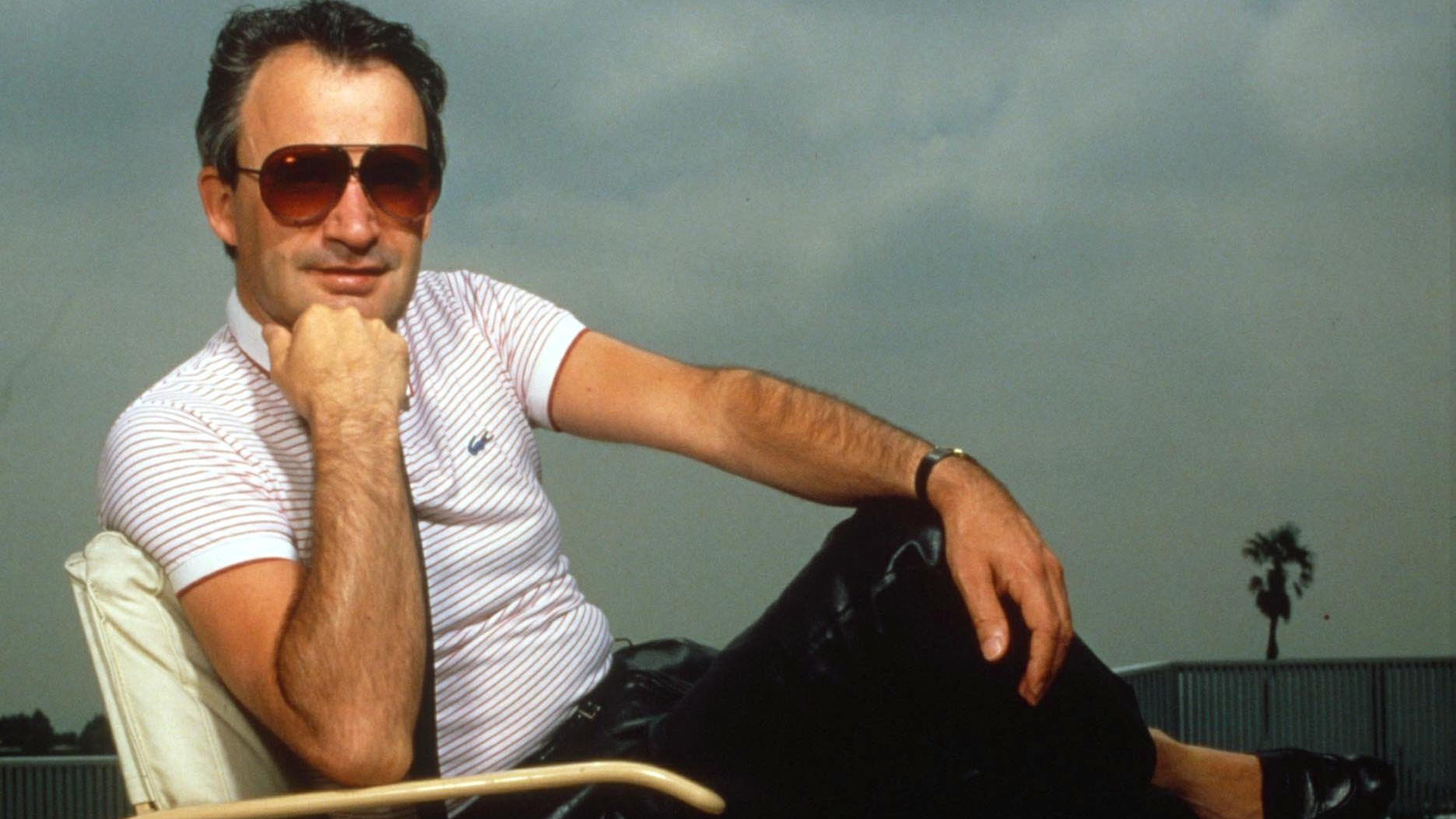
4. Giorgio Moroder
Disco took a turn for the more electronic in the late ‘70s, building on roots that were put down in Philadelphia. And Giorgio Moroder is widely regarded as the man responsible for the explosion of synth-tastic four-on-the-floor disco.
Let’s face it: the intro to Donna Summer’s I Feel Love became a blueprint not just for disco, but for most electronic dance music.
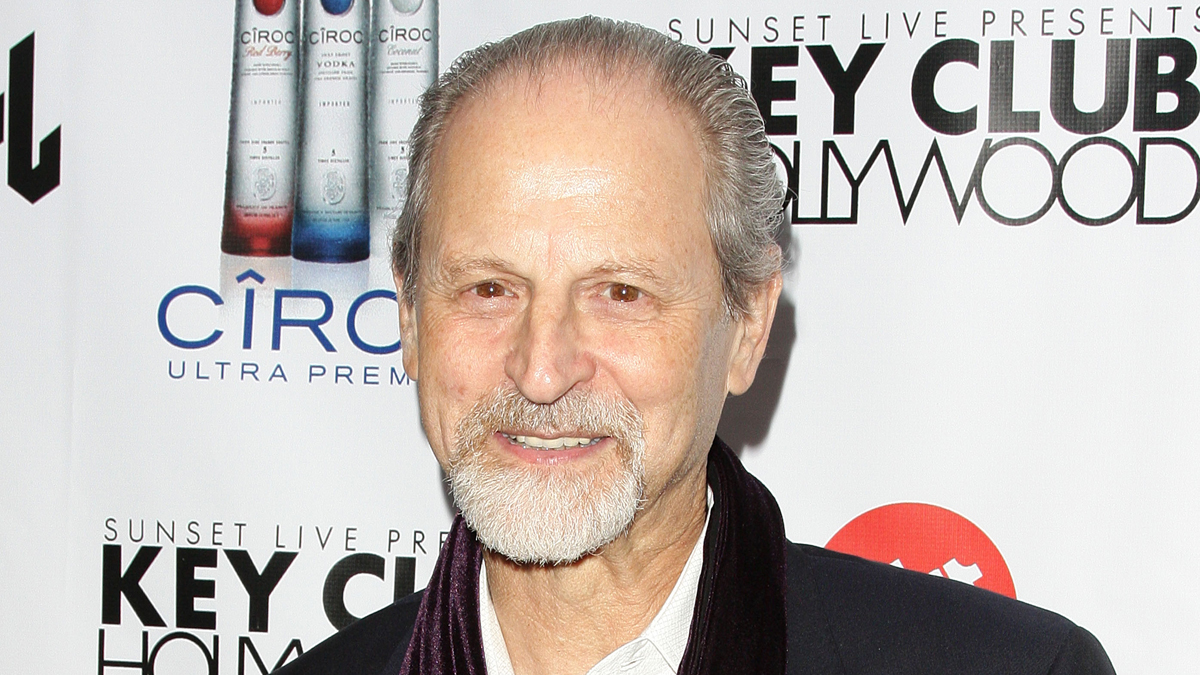
3. Eddie Kramer
Over the years, Eddie Kramer has worked with just about everyone, collaborating with the likes of The Beatles, David Bowie, Eric Clapton, Jimi Hendrix, the Kinks, Kiss, Led Zeppelin, the Rolling Stones and Carlos Santana.
He helped create Jimi Hendrix’s Electric Lady Studio, which he presided over as Director of Engineering until 1974. After this he returned to engineering independently; for the Rolling Stones on Love You Live, on Led Zeppelin's Physical Graffiti and The Song Remains the Same, and on Peter Frampton's Frampton Comes Alive!
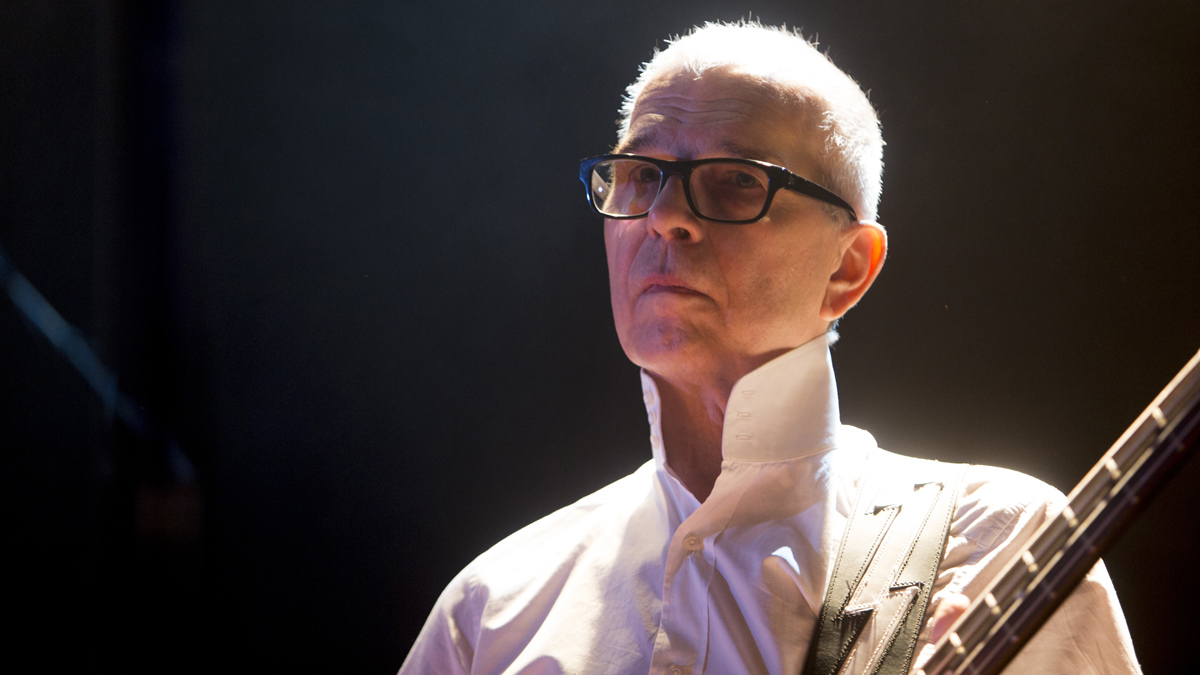
2. Tony Visconti
Tony Visconti is the second key David Bowie collaborator to make this list. Starting out as the bassist in The Hype (with Bowie, guitarist Mick Ronson and drummer John Cambridge), Visconti produced The Man Who Sold the World in 1970.
He would go on to work on the albums Diamond Dogs (1974), Young Americans (1975), Low (1977) and Heroes (1977).
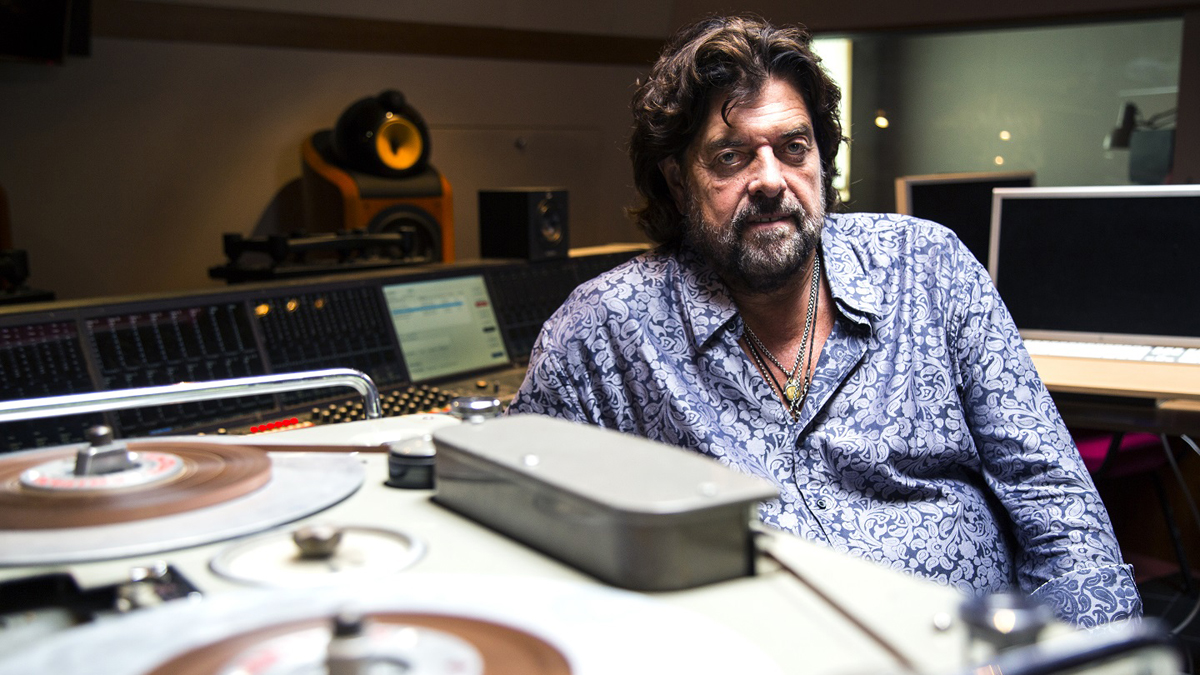
1. Alan Parsons
And so we come to our winner, according to MusicRadar users: Mr Alan Parsons. In fact, he won at a canter, with nearly half of the votes.
Alan’s work with The Beatles, The Hollies, The Alan Parsons Project and Pink Floyd has earned him top billing on this list.
During his time at Abbey Road working on Dark Side Of The Moon, it is thought that he swapped the engineering shifts around so he could work exclusively on the project. Perhaps a key contributing factor to the success of the album? We’ll leave you to ponder as you soak up the album’s overture...

I take care of the reviews on MusicRadar and Future Music magazine, though can sometimes be spotted in front of a camera talking little sense in the presence of real musicians. For the past 30 years, I have been unable to decide on which instrument to master, so haven't bothered. Currently, a lover of all things high-gain in the guitar stakes and never one to resist churning out sub-standard funky breaks, the likes of which you'll never hear.

